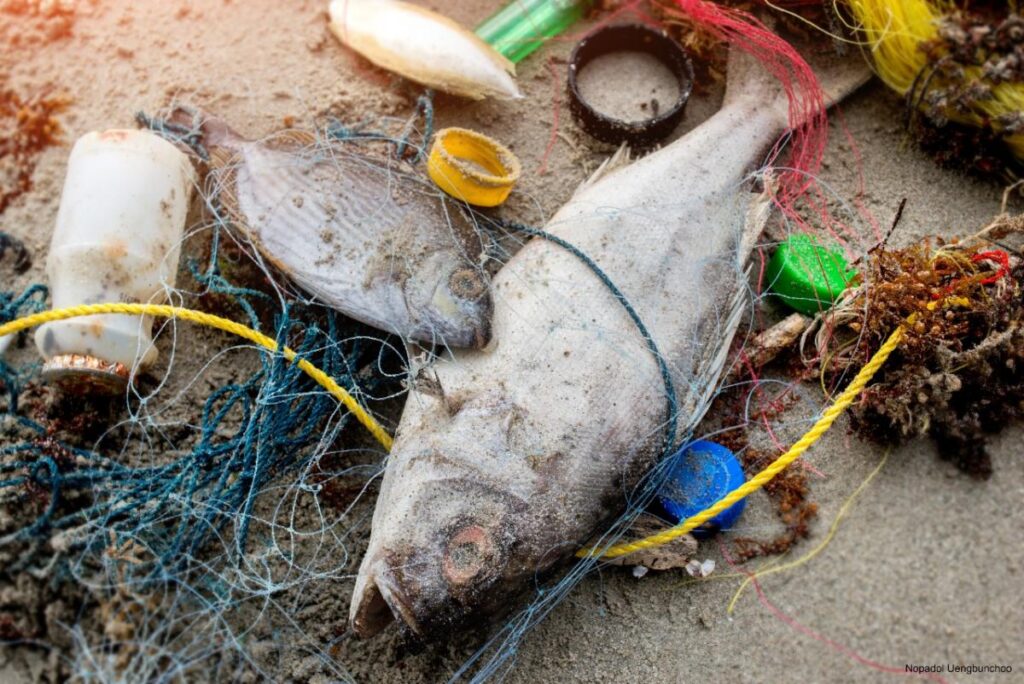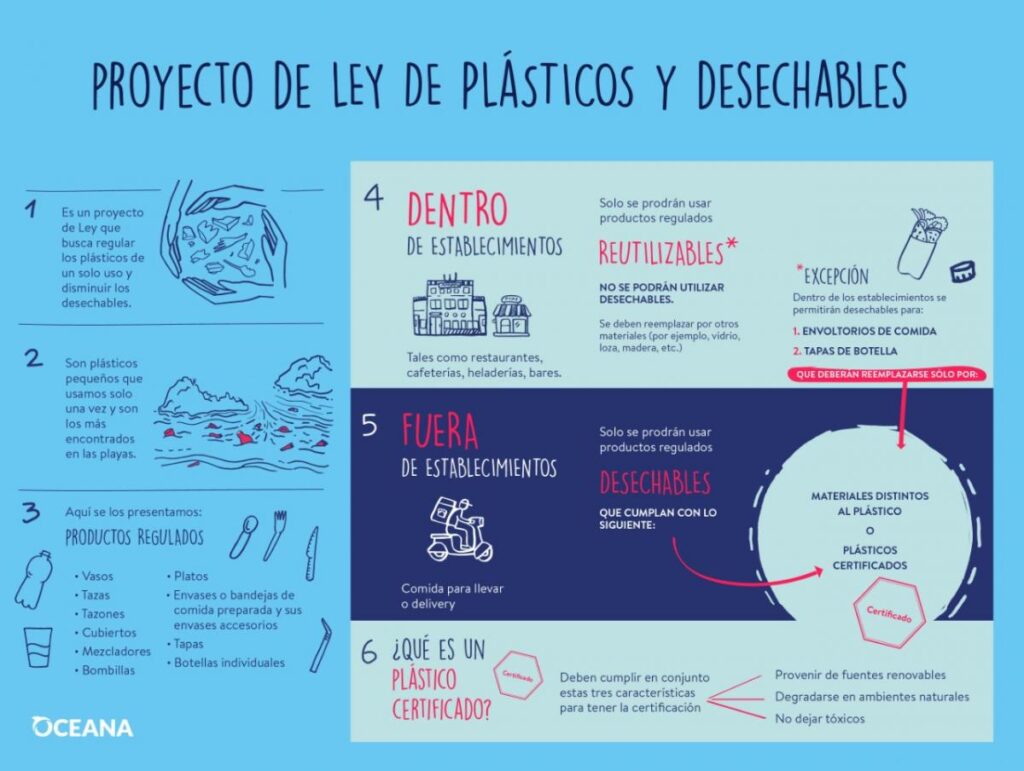Plastic pollution is a global environmental problem that threatens the biodiversity of our planet, affecting practically all marine and freshwater ecosystems. Specifically, impacts of plastic pollution have been recorded in more than eight hundred marine and coastal species as a result of their ingestion, gillnetting, ghost fishing, species dispersal and habitat degradation.
This problem occurs, in part, because we are not taking care of the plastics that are in circulation, while the production of plastics continues to increase every year. Globally, only nine percent of the nine trillion tons of plastic generated has been recycled. Thus, every year around eight million tons of this material reach the sea.
A recent scientific publication, by Borelle et al. (2020), refers precisely to this, predicting that the growth of plastic waste exceeds the efforts to mitigate this type of pollution. To reach this conclusion, the authors of the publication linked the estimated production of plastics to 2030 and the efforts needed to reduce plastic emissions to the world’s aquatic and marine environments.
In this publication they consider three types of strategies to reduce plastic pollution:
- Reduction of waste generation, for example, bans on single-use plastics.
- Improvement of the waste management infrastructure.
- Environmental recovery, for example, beach cleaning.
In this regard, their analysis shows that all these strategies have to be significantly increased to achieve the goal proposed by the authors of reducing discarded plastics by eight million tons, concluding that the efforts and commitments that currently exist to reduce plastic pollution do not are enough to take care of this problem.

These results emphasize that unless the production and use of plastics is halved, a real and profound transformation towards a circular economy is required. In addition, they point out that, within the key policies to achieve this transition, is the reduction or elimination of the use of unnecessary plastics.
In relation to the first strategy, in Oceana we have promoted a bill that was approved unanimously in the Senate and that is currently under discussion in the Chamber of Deputies, which regulates disposable products and single-use plastics in premises of sale of food, in order to reduce the generation of waste in the country.
Regulated products include glasses, cups, mugs, silverware, mixers, light bulbs, plates, prepared food containers or trays and their accessory containers, and lids. Reusable products must be offered in the premises that serve prepared food or beverages, while in the case of businesses that sell take-out food, disposables other than plastic or certified disposable plastics must be delivered.
This bill is one of the most ambitious in the world and would position Chile as a leading country in this area.

REFERENCES
Borelle S., J. Ringma, K. Lavender-Law, et al. (2020) Predicted growth in plastic waste exceeds efforts to mitigate plastic pollution. Science 369: 1515-1518.
Secretariat of the Convention on Biological Diversity (2016) Marine debris: understanding, preventing and mitigating the significant adverse impacts on marine and coastal diversity. CBD Tech. Ser. 83, Secr. CBD, Montreal, QC, Can.
Geyer R, JR Jambeck & KL Law (2017) Production, use, and fate of all plastics ever made. Science Advances 3: 1700782.